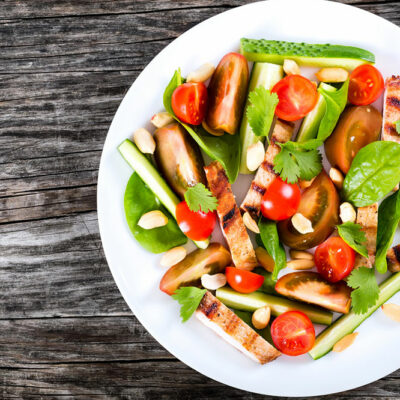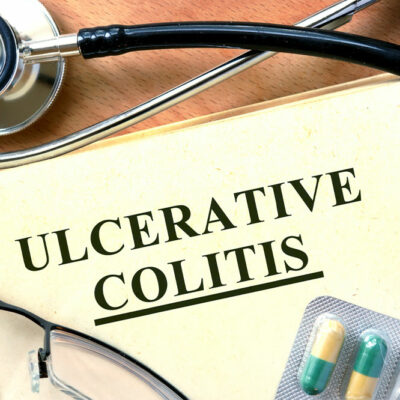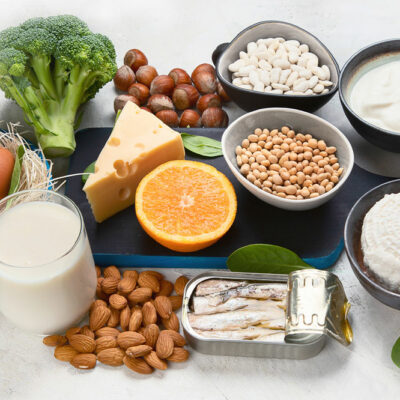
Nutritional Guidelines to Manage Hepatitis C
The condition wherein inflammation of the liver occurs due to the hepatitis C virus is known as hepatitis C. Based on the viral infection, the symptoms of hepatitis C can be acute and chronic. The illness can be mild or severe, leading to liver cirrhosis and cancer. Since the hepatitis C virus is bloodborne, most infections occur via unsafe practices, unsafe health care, unscreened blood transfusions, the use of injectable illicit substances, and unsafe sex.
Things to know about hepatitis C and nutrition
Everything one eats or drinks passes through the liver. Food is converted into energy that allows the body to function normally. Consumption of healthful food certainly improves liver health if one has hepatitis C. It also reduces the chance of developing the symptoms of cirrhosis. Besides, eating well helps toward keeping the immune system strong to fight off illness.
Below is a list of few key tips to consider when it comes to nutrition for someone with hepatitis C.
1. Always try to consume a balanced plate of food
It is essential to eat foods from all the main food groups–carbohydrates and fiber from fruits, vegetables, and grains and fat and protein from dairy, meat, and pulses. One can consult a dietician to understand how to adhere to the basic guidelines of good nutrition. It’s always best to follow a Mediterranean-style pattern of eating. Mediterranean eating focuses on vegetables, fruit, whole grains, legumes, fish, olive oil, some lean meat, and limited amounts of dairy. Red meat can also be eaten occasionally. All in all, a Mediterranean meal is typically helpful and supportive in managing or lowering down any kind of inflammation, including that caused by hepatitis C.
2. Limit the intake of sugar
It’s always good for health if one can say no to sugar. Those with hepatitis C should avoid foods that are rich in carbohydrates and sugar. Some of these foods include cakes, cookies, ice cream, soda, and sweetened juice drinks, etc.
3. Drink caffeine
Caffeine is rich in antioxidants and minerals. Thus, it promotes liver health. If one is not a coffee drinker, they can start making a habit of drinking two to three cups of coffee every day in any form.
4. Limit salt intake
Having excess sodium is bad for patients with hepatitis C. Simply cut down on the foods, such as bread, pizza, sandwiches, chicken, and cheese, that contribute a high amount of sodium to meals.
Nutritious and healthy meals help in managing hepatitis C and preventing complications. For optimal liver health, it’s important to avoid fatty foods and alcohol. For a personalized meal plan, it is always advisable to consult a doctor or a dietician.


